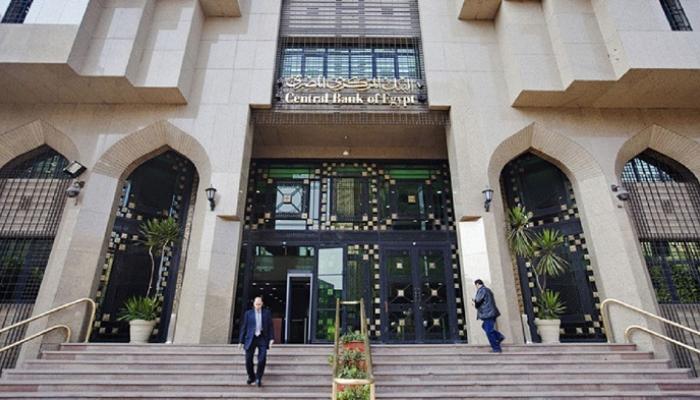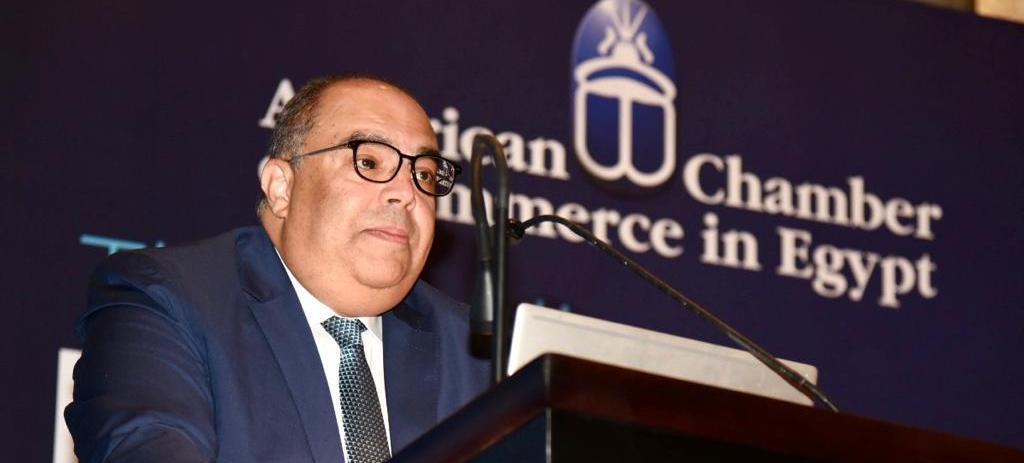Egypt’s Supreme Council for Investments announced on May 16 a slew of incentives and administrative reforms in a bid to boost Foreign Direct Investments (FDI) as the country races to meet its commitment to the International Monetary Fund (IMF) and tackle the major shortage of hard currency.
The Supreme Council for Investment, chaired by Egypt’s President Abdel Fattah El-Sisi, promulgated 22 draft resolutions that address issues foreign investors face in the local market; including easing the procedures of establishing new companies, streamlining the use of electronic signature, allowing foreigners to possess properties without limits and lowering the restrictions regarding lands ownership.
Senior Economist at the General Authority for Investment and Free Zones (GAFI), Ahmed Elmestkawy, told Business Monthly that the decisions announced are a great step towards a holistic approach to reform the business environment in Egypt, especially since the North-African nation faces tough competition to attract FDI from regional players like Saudi Arabia, UAE, and Morocco.
“The challenge is to secure effective implementation,” he noted, highlighting the crucial need for a stable foreign exchange market.

What do investors want?
To make the investment climate in Egypt attractive amid ongoing monetary and financial challenges, Elmestkawy asserted the government needs to make its regulatory framework transparent, efficient, and investor friendly.
“Simplifying procedures for setting up businesses, obtaining permits and licenses, and streamlining bureaucratic processes can significantly reduce red tape and enhance the ease of doing business. I think we started to achieve this,” he added. Moreover, strengthening the legal and institutional framework to protect investors’ rights is vital, as well as investing more in education and skills development is critical to creating a skilled workforce that meets the demands of industries and investors.
Also, as Elmestkawy mentioned that facilitating access to finance for domestic and foreign investors is crucial, along with promoting financial inclusion, enhancing access to credit for small and medium-sized enterprises (SMEs), and developing capital markets to provide diverse funding options for businesses.
“Identifying and promoting strategic sectors for investment can attract targeted FDI inflows. The recent actions tackled this point by supporting establishing specific industries in free zones which have full exemptions from all taxes and tariffs. The supreme council decisions showed interest in boosting special economic zones which encourage investment in priority sectors such as manufacturing, renewable energy, hydrogen and logistics sector,” he explained.
He also called for expanding investments in fostering entrepreneurship and supporting innovation and technology-driven industries.

Private sector in-focus
Encouraging partnerships between the government and private sector can help leverage resources, expertise, and funding for infrastructure projects and key sectors. Well-structured Public-Private Partnerships (PPPs) can enhance efficiency, reduce financial burdens on the government, and foster long-term collaboration between public and private entities, Elmestkawy said.
The Sovereign Fund of Egypt (TSFE) can play a crucial role to provide and coordinate opportunities for investment in Egypt’s state-owned assets by creating partnerships and co-investments with private investors, according to Elmesikawi.
Speaking to Business Monthly, Managing Director at Credit Rating Analytics, Saveshen Pillay, believes the Egyptian economy needs drastic reforms to steer it back to stability amid the ongoing global challenges that have severely impacted the north-African country.
“Direct investment could be a key innovative tool to proliferate both economic growth and shore up the country’s tenuous foreign exchange reserves. The government’s recent commitments on this front as well as the deluge of FDI over the past FY2021/2022 are quite positive. The assiduously crafted investment plan for the current FY2022/2023 focusing on human development and the private sector should bode well for the economy if some of the proposals are successfully implemented,” said Pillay.
It is imperative for private sector reforms to be focused significantly on small and medium enterprises, with a particular emphasis on easing the ubiquitous issues related to access to finance and enhancing the global competitiveness of these entities, he added.
“Due to the country’s large number of SMEs, improving export levels from this crucial segment could be an innovative way to boost FX reserves.” Pillay pointed out.
On the other hand, Pillay warned that the government’s reform agenda as well as other potential solutions should be taken with caution due to the recent devaluation of the Egyptian Pound, mounting inflation, and the double credit rating downgrade the country faced this year.
The Egyptian pound has lost over 75% of its value after three depreciation waves against the US dollar have been applied since March 2022. Egypt’s inflation has maintained its position in the double digits zone for over a year. Over 2023, the three major global credit rating agencies; Fitch Solutions, Standard and Poor’s, and Moody’s have downgraded the country’s credit rating with a negative outlook.
These downgrades will feed the local currency instability, and volatility on the monetary front could derail some of the government’s reform agenda over the short term, Pillay forecasted.

Thinking long-term
Sharing the same sentiments, MENA Economist and Risk Analyst at Infospectrum UK, Ali Metwally, said Egypt’s recent announcements are a positive measure aimed at restoring investor confidence following a series of challenges to the economy’s resilience, including increased exchange market pressure, rising business costs, and downgrade in the sovereign rating.
He expects the decisions to contribute to a rise in foreign private investments, including those from Gulf investors, during the second half of 2023 and throughout 2024.
He sees the decisions, which include eliminating preferential treatment for state-owned enterprises, reducing financial and tax burdens on investors, facilitating profit transfers, expanding the golden license, and unifying pricing strategies across investment projects, as part of the ongoing efforts to amend laws in favor of investors.
Metwally advised the need to improve communication channels with both local and foreign investors through regular investor surveys, conducted on a monthly or quarterly basis. This would help the government to understand investors’ specific operational and expansion requirements in Egypt.
“The competitiveness of Saudi Arabia, the UAE, and Turkey in comparison to Egypt has significantly increased in recent years,” he noted, needing comprehensive, flexible, and adaptable short- and medium-term growth strategies. “Such measures will improve visibility and increase Egypt’s attractiveness even more,” Metwally asserted.







